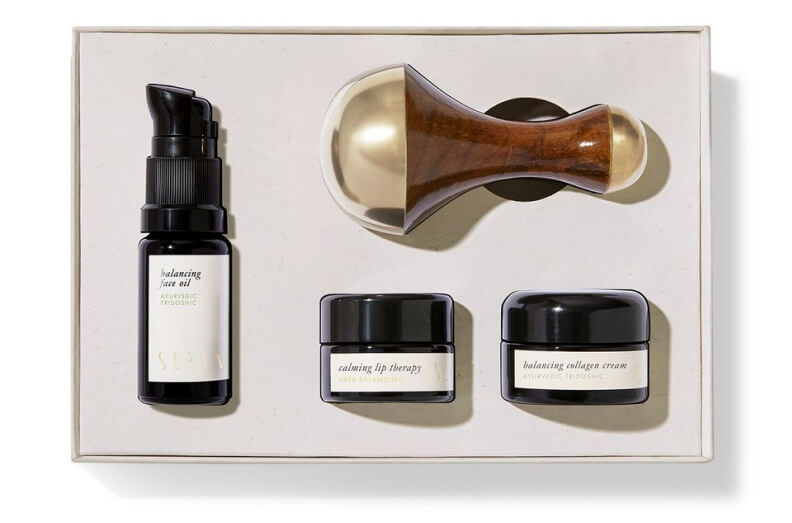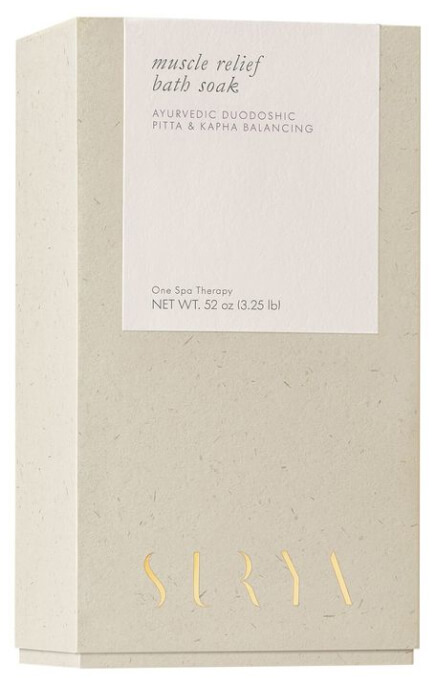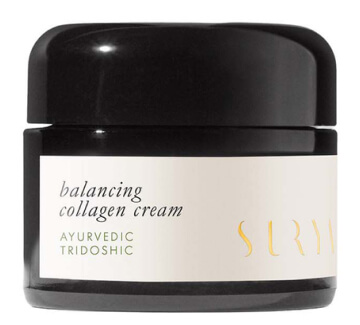An Intensive Ayurvedic Program for Serious Detox
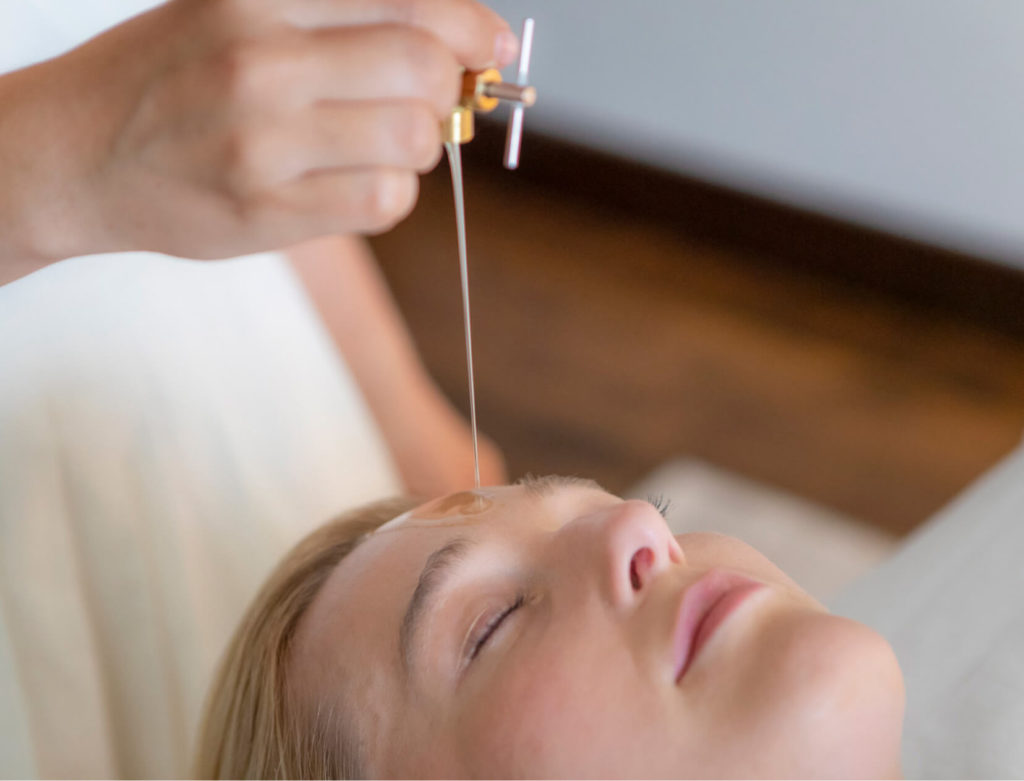
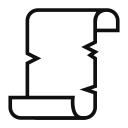
Ancient Modalities
Modern Ayurveda expert Martha Soffer is a chef, herbalist, master pulse diagnostician, and master Panchakarma specialist. Her spa, Surya, is one of only a handful of centers in the US that offer a personalized, intensive Ayurvedic regimen called Panchakarma. Gwyneth swears by it. And more than a few goop staffers have spent time in Surya’s programs.
Full-on Panchakarma is a commitment: It’s 3 to 28 days of hands-on treatment (four hours per day), along with detoxifying teas and a rigid, and often ascetic, diet. It can also be expensive. But for those who are able to access the program, committing time to it—especially regularly with the change of the seasons—is incredibly healing.
Soon, Soffer will be launching Panchakarma retreats in Bend, Oregon, and a remote part of Kauai, Hawaii. They’re designed for a group to move through as a collective. Alongside daily treatment, Soffer is planning a program filled with nurturing experiences like sound baths, yoga, meditation, breathwork, and forest bathing.
PREPARATION
In the preparation phase, Soffer has clients drink ghee for four consecutive days before they begin Panchakarma treatments (in increasing amounts: as little as a few teaspoons on the first day and as much as eight tablespoons by day four). According to Ayurveda, ghee binds ama—that’s toxic buildup in the body—and allows it to move through the GI tract to be expelled later with castor oil and basti. (More on that below.)
BALANCING THE ELEMENTS
Ayurveda works with the balance of five elements—air, fire, earth, water, and ether—in the body. These elements also make up the three Ayurvedic body types, or doshas: Vata is shaped by ether and air, pitta by fire and water, and kapha by water and earth.
Whenever any of these elements go out of balance in the body, they can manifest symptoms. For example, if someone’s elemental scale tips too far toward fire, the body will start to show more signs of heat, like rashes, heartburn, and high blood pressure.
Soffer diagnoses these elemental imbalances through touch. At the beginning of every Panchakarma treatment, she reads her client’s pulse with three fingers. Depending on the quality of the heartbeat and where she feels it on her fingertips, she determines what imbalances her client is dealing with. And then she decides what treatments are the best fit for them that day.
If Soffer is hoping to curb a disorder characterized by heat, for example, she’ll focus on cooling treatments. She says it’s also important, in that case, to rein in air: In the same way a wildfire is exacerbated by wind, so is the element of fire in the body.
PERSONALIZED TREATMENTS
Soffer combines South Indian and North Indian styles of Panchakarma. And because she practices in California, she incorporates native Western herbs to replace what she can’t get from India.
Depending on what someone needs from their Panchakarma cleanse, here are some of the treatments Soffer might offer.
-
Nasya
For the respiratory system, Soffer prescribes nasya: a deep, vigorous massage for your head, neck, and shoulders. A practitioner applies herbal oils—and in Soffer’s case, Surya’s delightfully thick collagen cream—and works them into the skin with their fingers and specialty tools, like a two-sided kansa wand.
Then you breathe in botanical steam—it might use foraged eucalyptus and peppermint oil, for example—to open the respiratory passages and clear the mind.
-
Shirodhara
Soffer uses daily shirodhara for almost every Panchakarma client who walks through her doors. During the treatment, you lie on a table while a practitioner pours oil over your third eye. It’s deeply meditative. Some people, Soffer says, feel so open during the treatment that they have out-of-body experiences.
-
Abhyanga
Soffer starts every day of Panchakarma with abhyanga, a light-pressure lymphatic massage done by two practitioners at the same time. In perfectly synchronized mirrored movements, the practitioners apply oils to the skin and sweep their hands across the body. It’s transcendent.
The oils used in abhyanga are blended according to each person’s specific imbalances. In preparation for treatment, Soffer herbalizes the oils at least overnight—and sometimes for two or three days.
-
Udvartana
To energize the body, rejuvenate the skin, and promote circulation and detox, Soffer uses udvartana, an herbal scrub with green coffee, sugar, herbs, and botanical oils. It’s especially good for people who have slow kapha energy.
-
Pizhichil
For people who struggle with anxiety, sleep troubles, or nervous disorders, Soffer suggests pizhichil. Over the course of two hours, two practitioners continuously pour gently warmed oil over the body, collecting what trickles off to pour it again. It’s remarkably relaxing.
-
Netra Tarpana
Netra tarpana is Panchakarma’s answer to dry eyes and floaters. It involves herb-infused ghee poured over open eyes.
-
Basti
Basti, or enemas, are an essential piece of Panchakarma. After using ghee and castor oil to move ama out of the digestive system, basti helps sweep out whatever’s left over. Depending on what conditions she is treating, Soffer uses different enema preparations.
POST-PANCHAKARMA
Your first time doing Panchakarma is a crash course in Ayurvedic well-being. You come out better understanding your dosha, the elements, and what lifestyle is the best fit for you. Your practitioner might recommend a post-Panchakarma protocol involving food, meditation, movement, and rest to help your body’s natural rhythms remain in balance.
When people can’t come for regular Panchakarma—and because of the time commitment and overall cost, most people can’t—Soffer suggests self-massaging with oil; taking baths with herbs and salts; sticking to a simple cooked vegan diet; and DIY-ing the preparatory phase: Take ghee for four days, and then take castor oil to flush it out. (Refer to Surya’s guide to Ayurvedic cleansing first, or consider buying their full cleanse kit.) For those who want to dive deeper at home, Soffer books in-person and virtual consultations, in which she guides clients in personalized Ayurvedic cooking, herbal remedies, and dosha-balancing practices.
And don’t miss out on Surya’s collagen cream. It’s so rich and skin-coddling that, back when it was more limited, her clients would stock up on multiples so they wouldn’t run out before she restocked.
Related Reading on goop
This article is for informational purposes only. It is not, nor is it intended to be, a substitute for professional medical advice, diagnosis, or treatment and should never be relied upon for specific medical advice. To the extent that this article features the advice of physicians or medical practitioners, the views expressed are the views of the cited expert and do not necessarily represent the views of goop.

